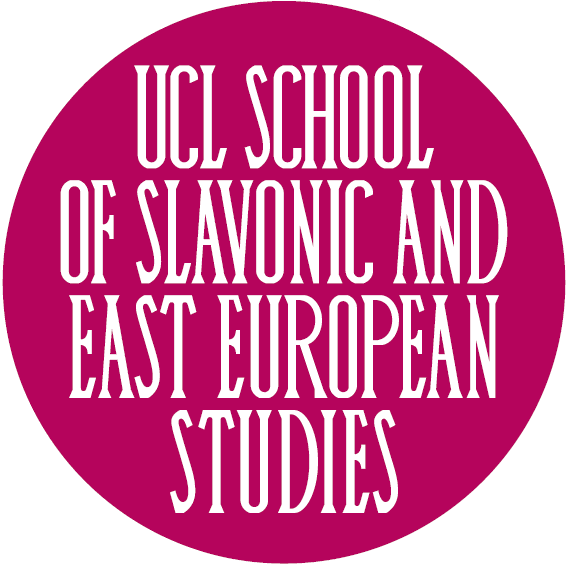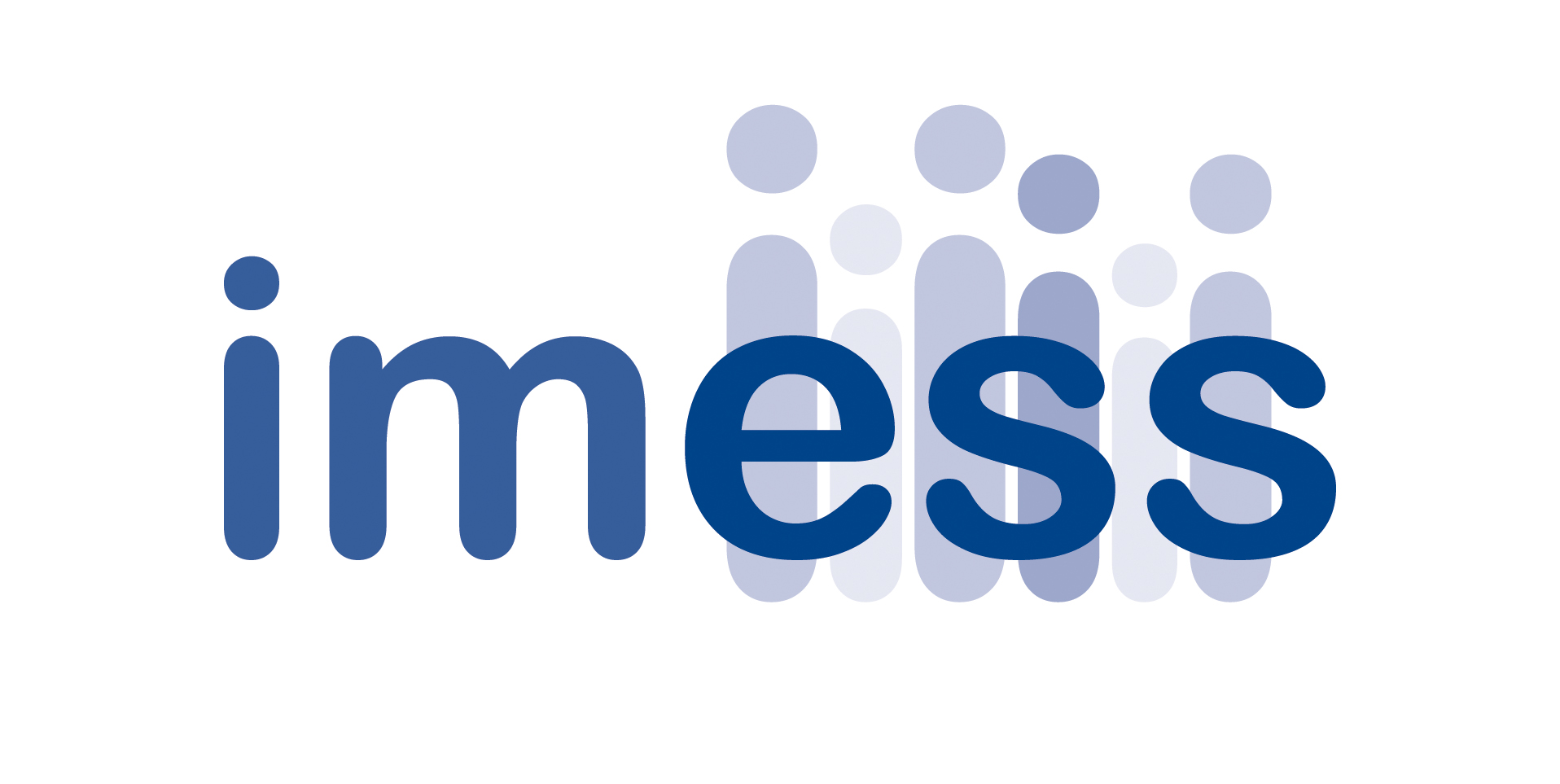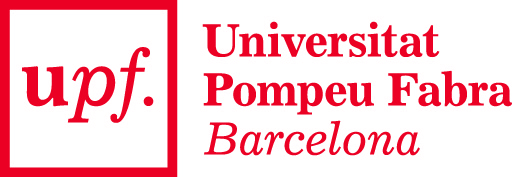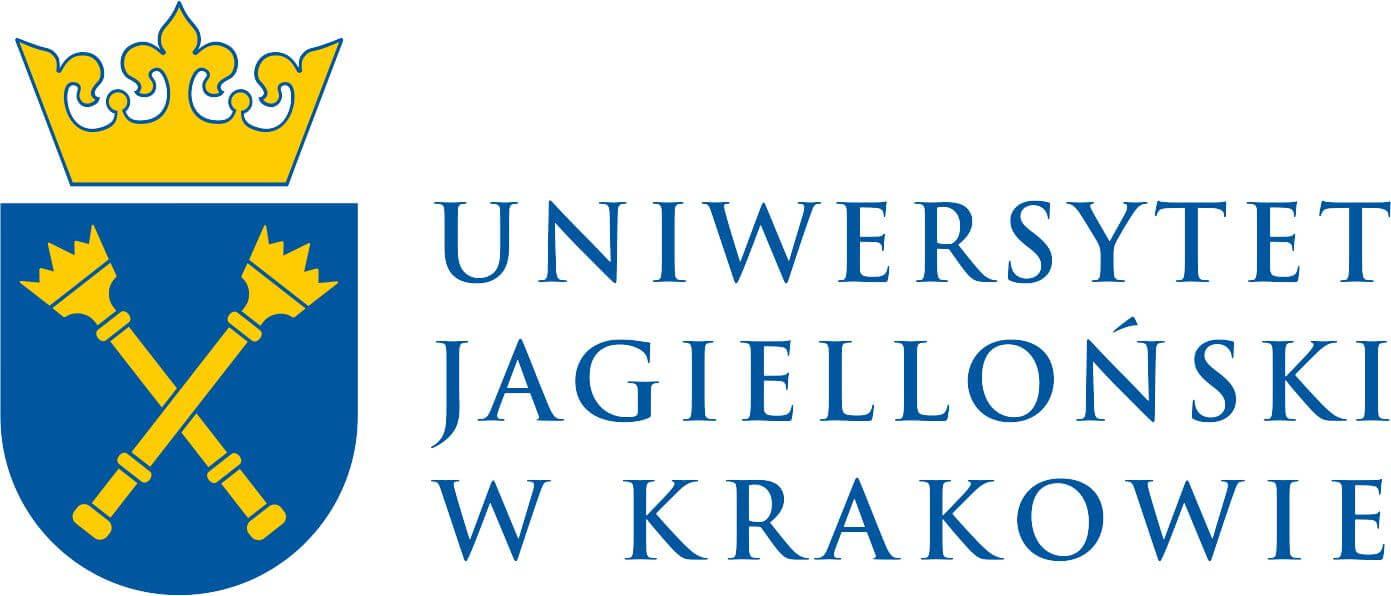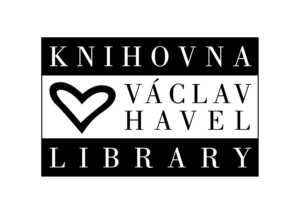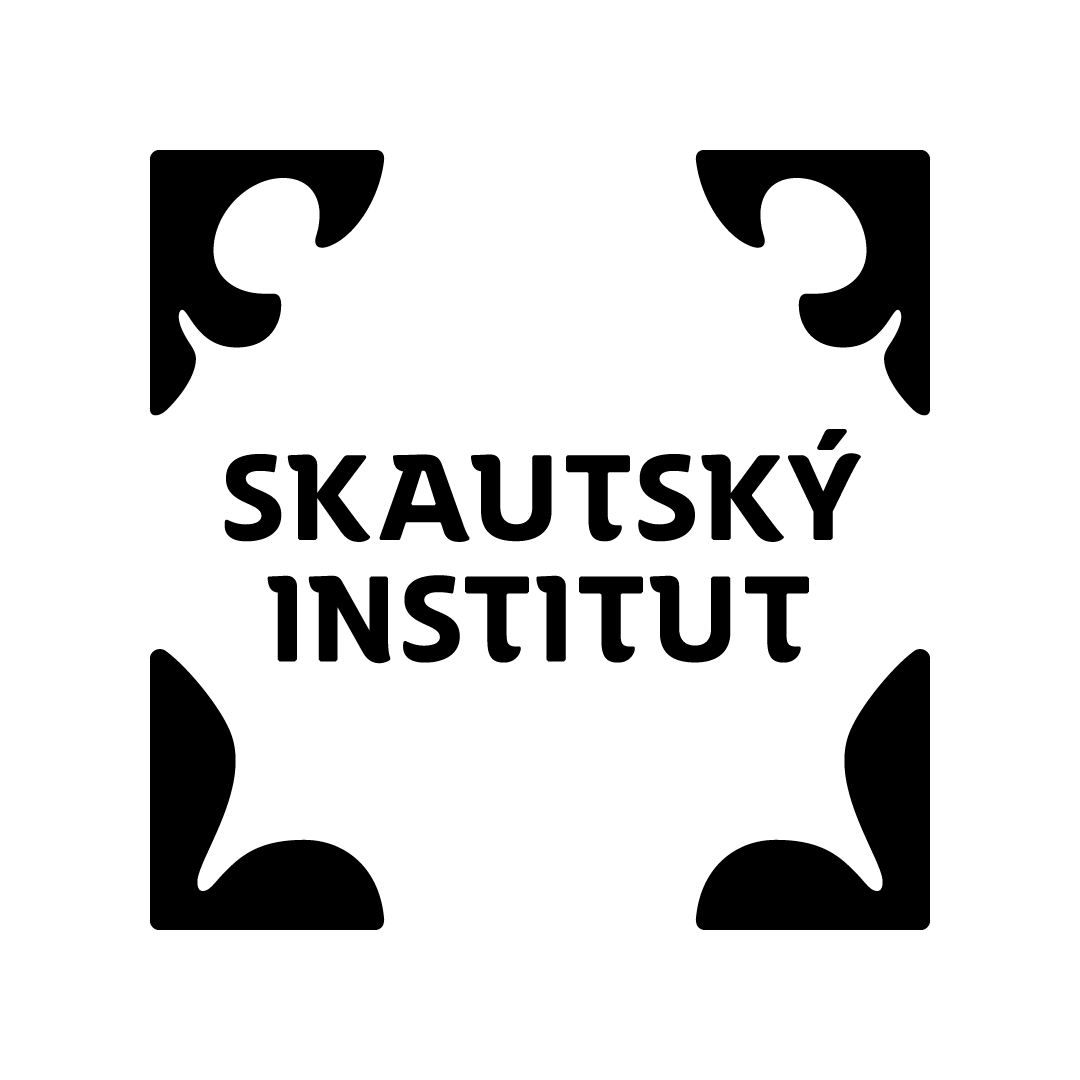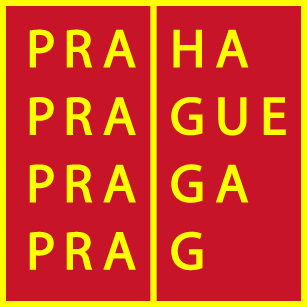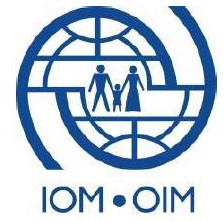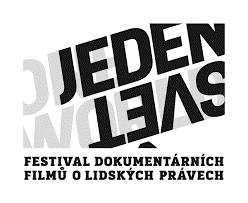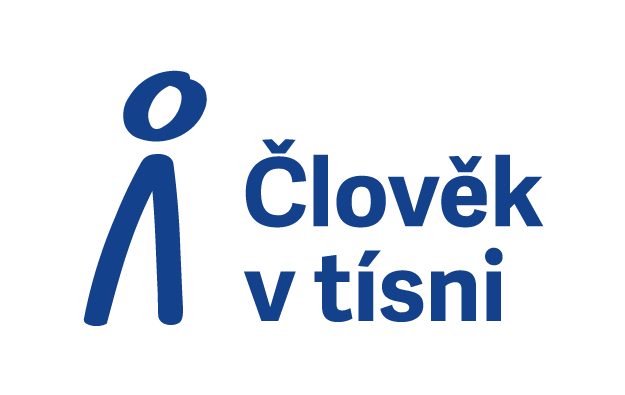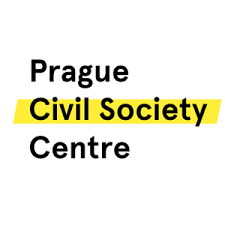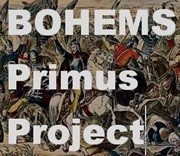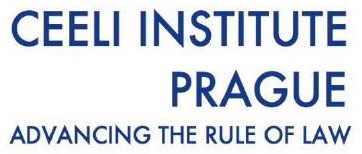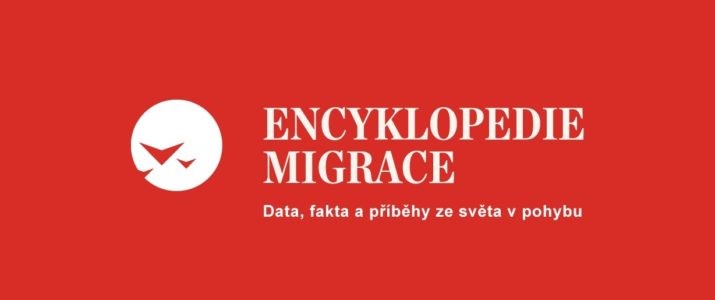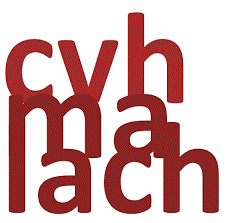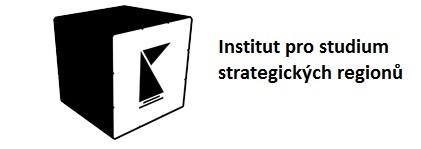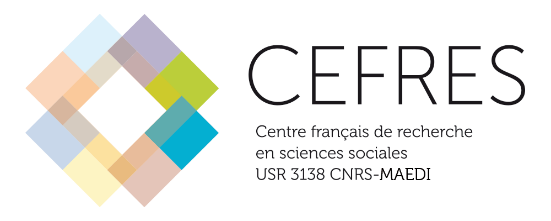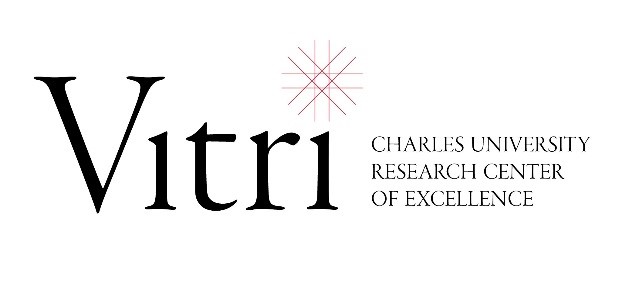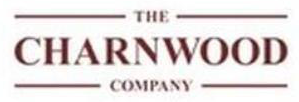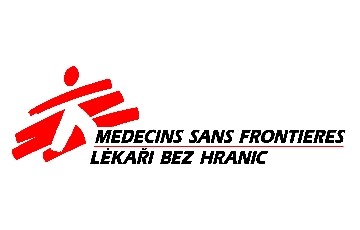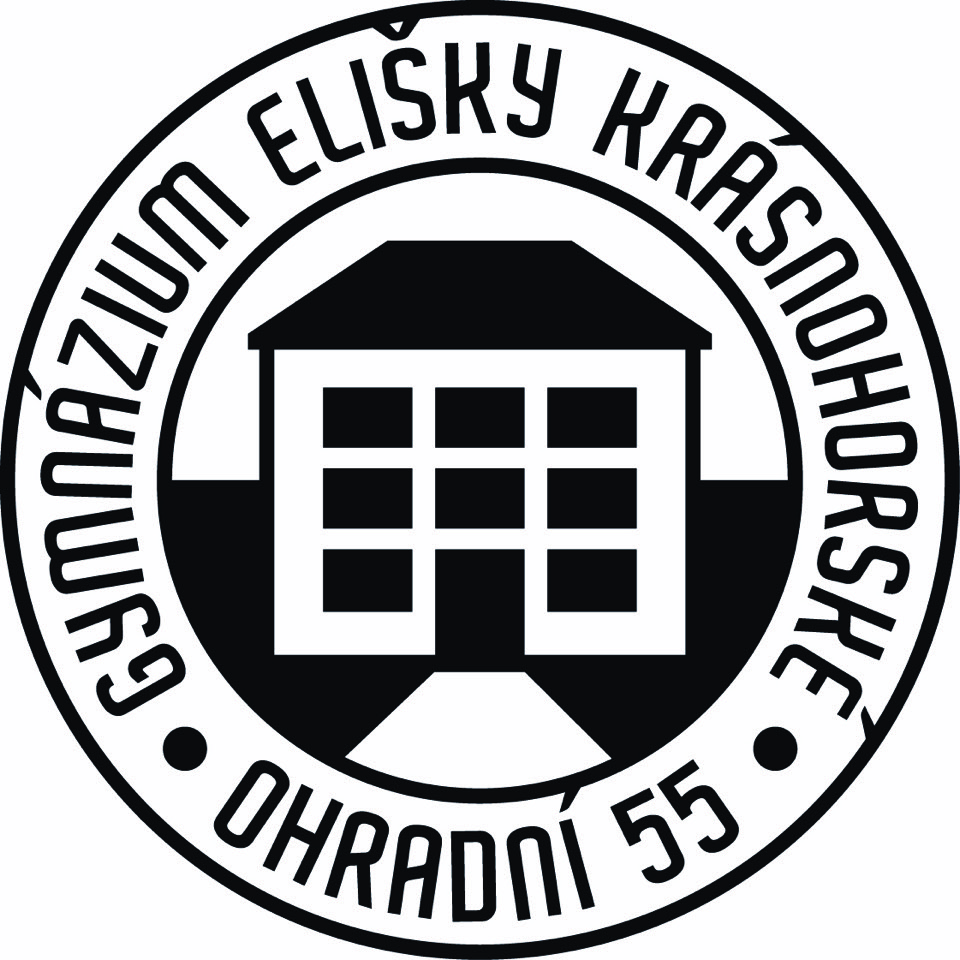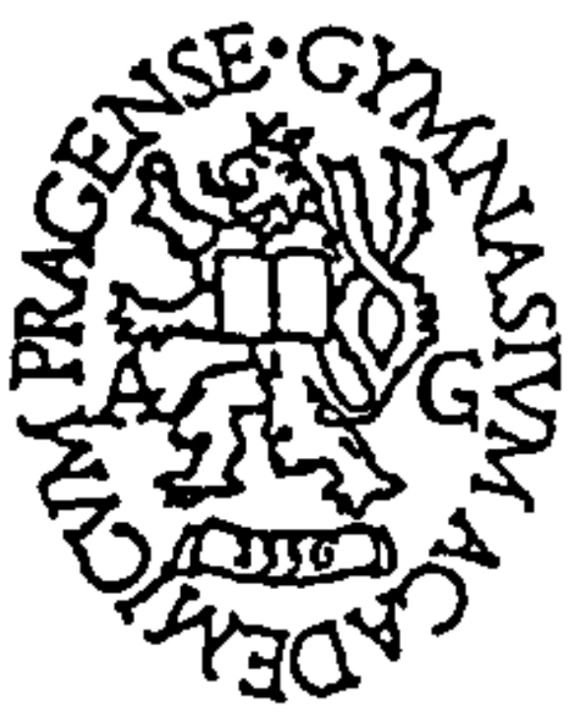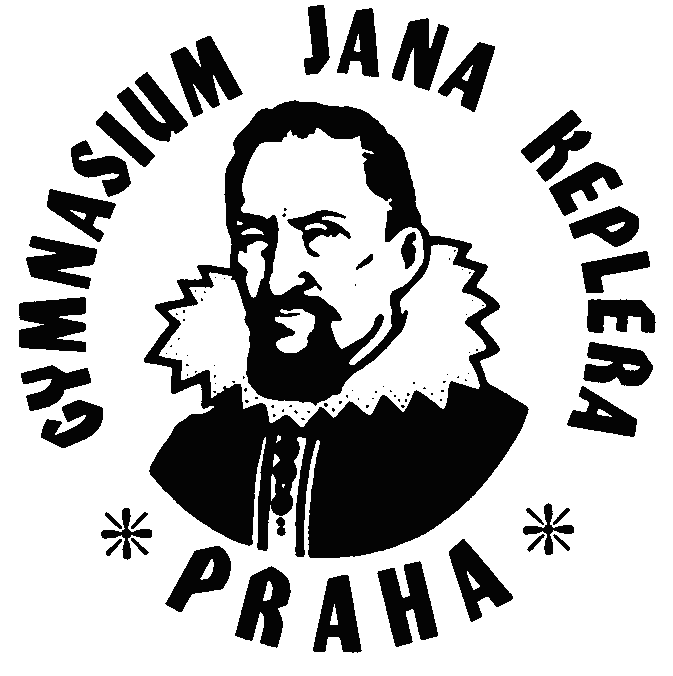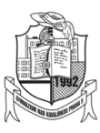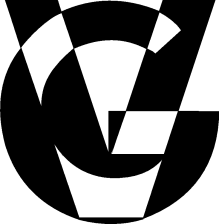International Area Studies
GENERAL INFORMATION AND APPLICATIONS
The Master's degree programme International Area Studies (IAS) focuses on the cultural, historical, political, legal, international and socio-economic issues of modern history and the present time of North America, Europe and Eurasia. The field is divided into six specializations: Balkan and Central European Studies (BCES), European Studies (ES), German and Austrian Studies (GAS), Russian and Eurasian Studies (RES), North American Studies (NAS) and Western European Studies (WES). All students, irrespective of their specialization, have to pass compulsory courses of the common core. Within their specializations they enroll in and have to pass compulsory and elective courses and also, regardless of their specialization, they enroll in elective courses from other specializations. In addition to IAS courses, students may (but don't have to) enroll in any other courses from the Charles University offer amounting to up to 12 ETC credits.
Detailed information on each specialization is available either within each school year in the Course Book (Karolinka) i.e. in the curriculum overview or on each specialization's pages:
Balkan and Central European Studies
European Studies
German and Austrian Studies
Russian and Eurasian Studies
North American Studies
Western European Studies
TEMPLATES, FORMS AND OTHER STUDY GUIDELINES
FINAL STATE EXAMINATION
The Final State Examination (FSE) consists of:
- Oral defense of the Master's thesis
- Answering questions on a topic outside the scope of the Master's thesis (according to the specialization)
Committees and other information on the FSE are available here (all documents in Czech only):
1. Range of questions
2. General list of the literature
3. The literature list by specialization:
- Balkan and Central European Studies
- European Studies
- German and Austrian Studies
- Russian and Eurasian Studies
- North American Studies
- Western European Studies
All literature in the electronic version can be found at Moodlu within course Kánon povinné literatury ke SZZ.


